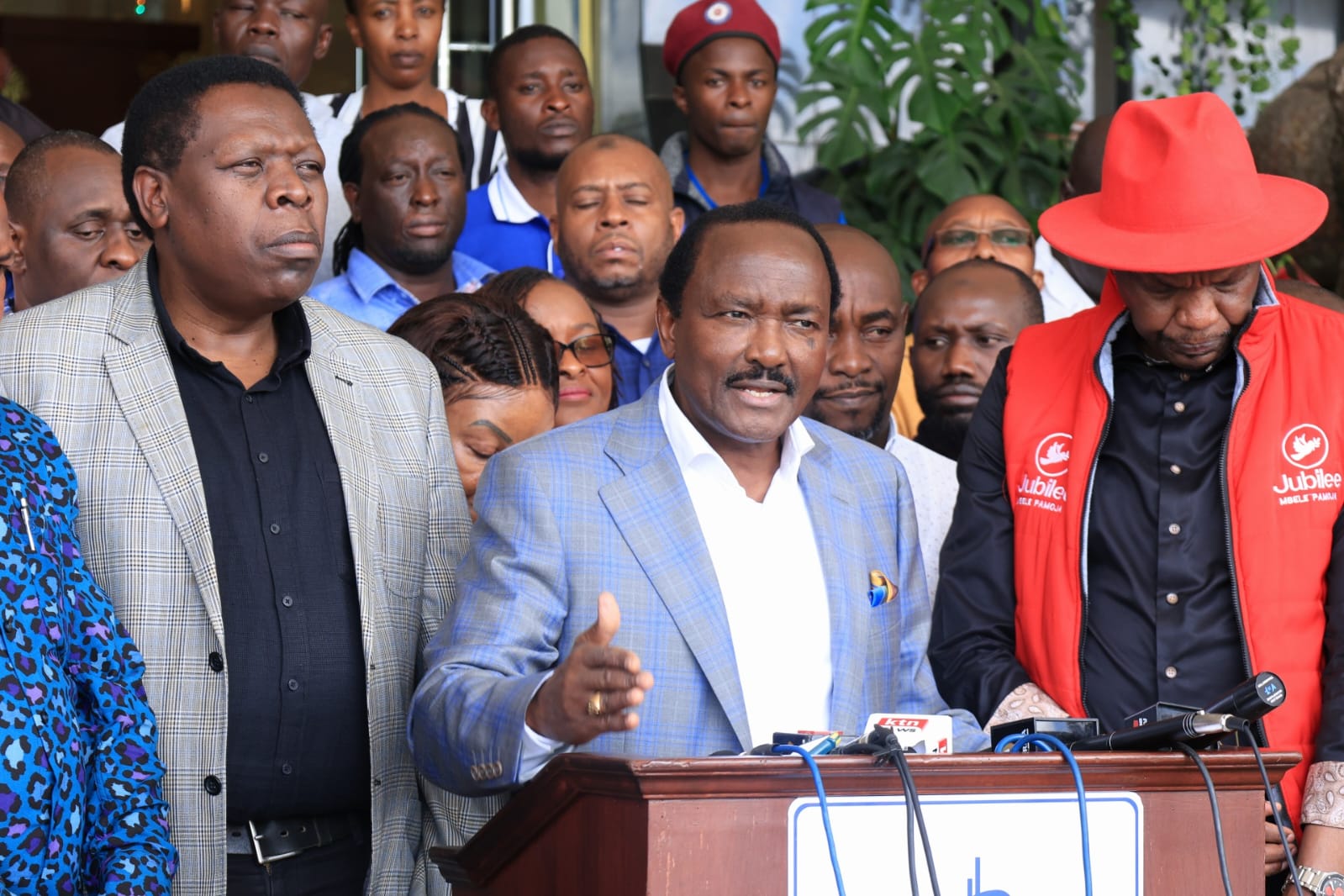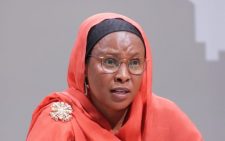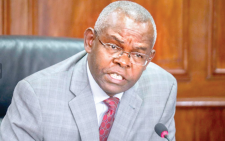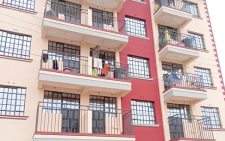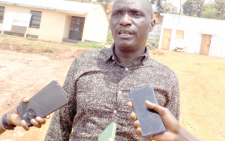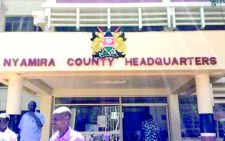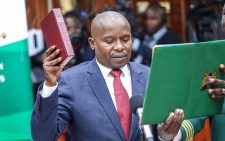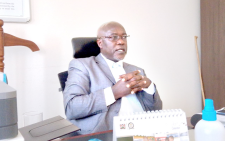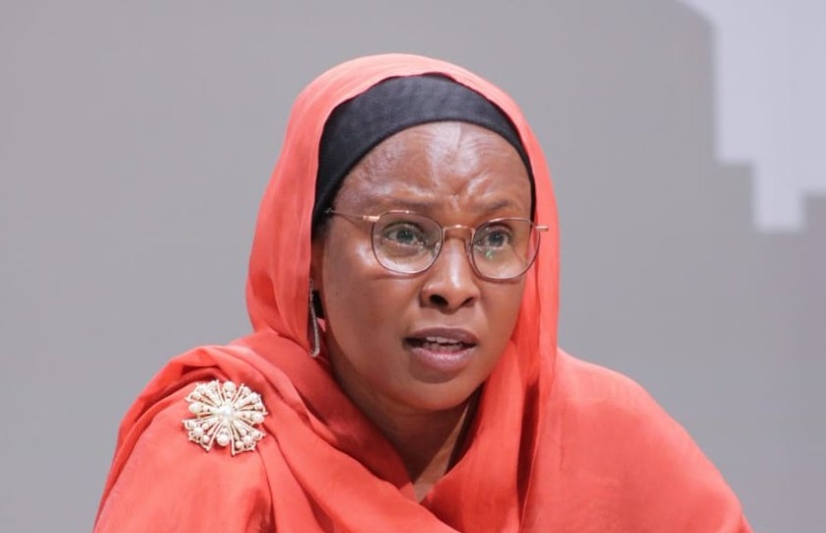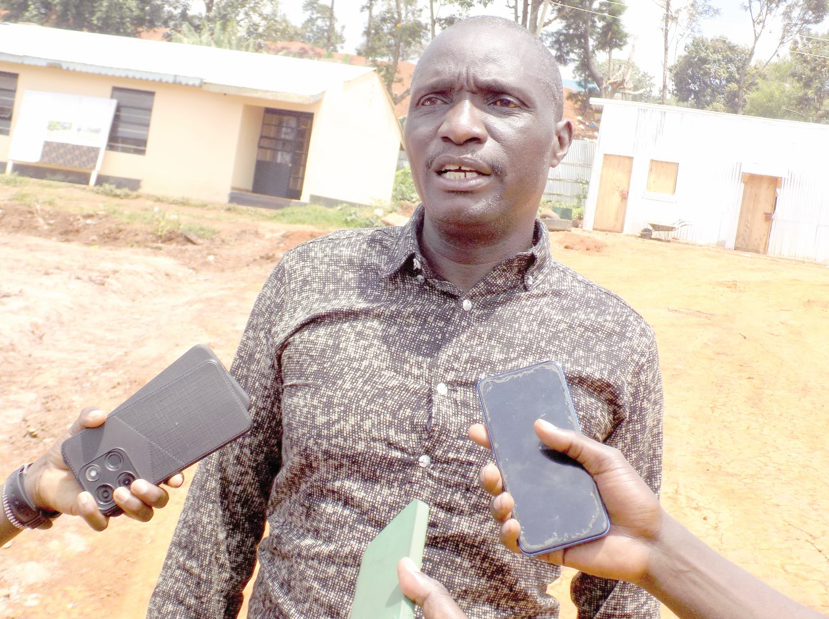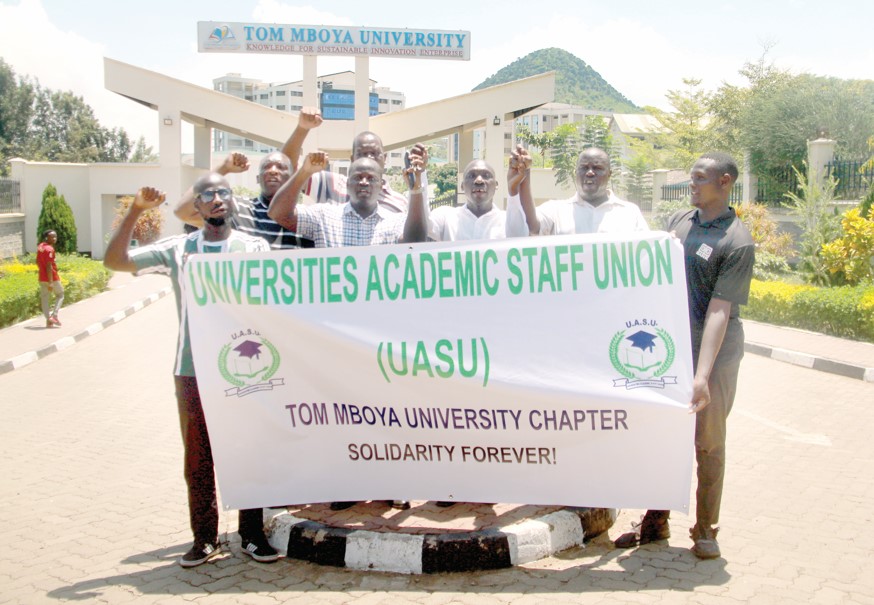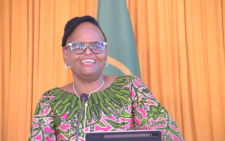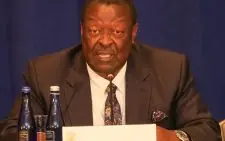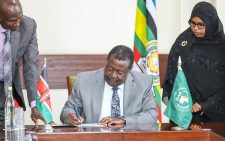Even though we usually brandish the opposition as opposers, we need an alternative voice in our day-to-day activities. Kenya is one of the most influential countries in sub-Saharan Africa.
It plays a vital role in the security, economy, and development of the eastern part of Africa. At the moment, the country lacks a strong opposition. Governance characterised by checks and balances is essential for growth and development.
But is the lack of a strong opposition by design or strategy? Before the adoption of the 2010 Constitution, Kenya had a sizable and well-respected official opposition in Parliament. This position was significant not only because of its power but also because of the privileges it provided. For instance, the opposition leader had a shadow cabinet funded by the government.
We do remember the days when the likes of Billow Kerrow, Mutula Kilonzo Sr, B.N. Mwakiringo, and Joseph Nkaissery were shadow ministers. They kept the government of the day in check. The shadow ministries were also a building ground for future ministers, now CSs.
The Constitution makes it illegal for presidential candidates and deputies to run for office in Parliament. As a result, the opposition leader is absent from the legislature.
The Constitution has a potential loophole that could let the ruling party influence opposition members of Parliament. This problem might make it easier for the ruling party to control the actions and decisions of the opposition.
Opposition is a crucial element of a healthy democracy, even though many perceive it as a barrier to effective governance and progress.
When the government is held accountable by the opposition, it is more likely to take into consideration the needs and opinions of different segments of the population, thus benefiting citizens as a whole. Unfortunately, opposition parliamentarians have become a hunting ground for the ruling party, who may view them as an obstacle to their political agendas.
Recognising the importance of strong opposition is essential for fostering a balanced political democracy. With the lack of this office, who will give the government the checks and balances it needs?
The effectiveness and success of the opposition movement heavily rely on the strength of its leadership.
The opposition faces challenges from a lack of ideology and social disparities. These factors often hinder the opposition’s ability to reach a wider audience and garner support from diverse communities. The current opposition needs to organise its house to deliver its mandate.
They are wandering in the dark with no sense of direction! They are like a lamp in the dark with no light!
Opposition leaders throughout the world have been successful in bringing constructive change in their own countries.
They provide alternative perspectives and policies, scrutinise government actions, and advocate for improved governance. Kalonzo Musyoka, Eugene Wamalwa et al. need to be strategic in their opposition mandate without hubris.
Having a competitive opposition not only benefits the opposition itself but encourages the governing party to improve its performance, making opposition party support an important factor in democracy. Without checks and balances, the ruling party cannot have a credible scorecard.
Since the opposition promotes alternative views and acts as a counterbalance when the media, press, or public opinion tilts in favour of the ruling party, its significance goes beyond traditional political arguments. By giving voters genuine options, the opposition plays a crucial role in enabling democracy and examining government policies.
A robust opposition is an essential component that guarantees democracy works effectively to satisfy the population. Given the hopes for post-independence changes to enhance lives, preserve democracy, and strengthen government accountability, this factor is critical in Kenya’s scenario.
— The writer is an Innovations Evangelist and a PhD Candidate; [email protected]

